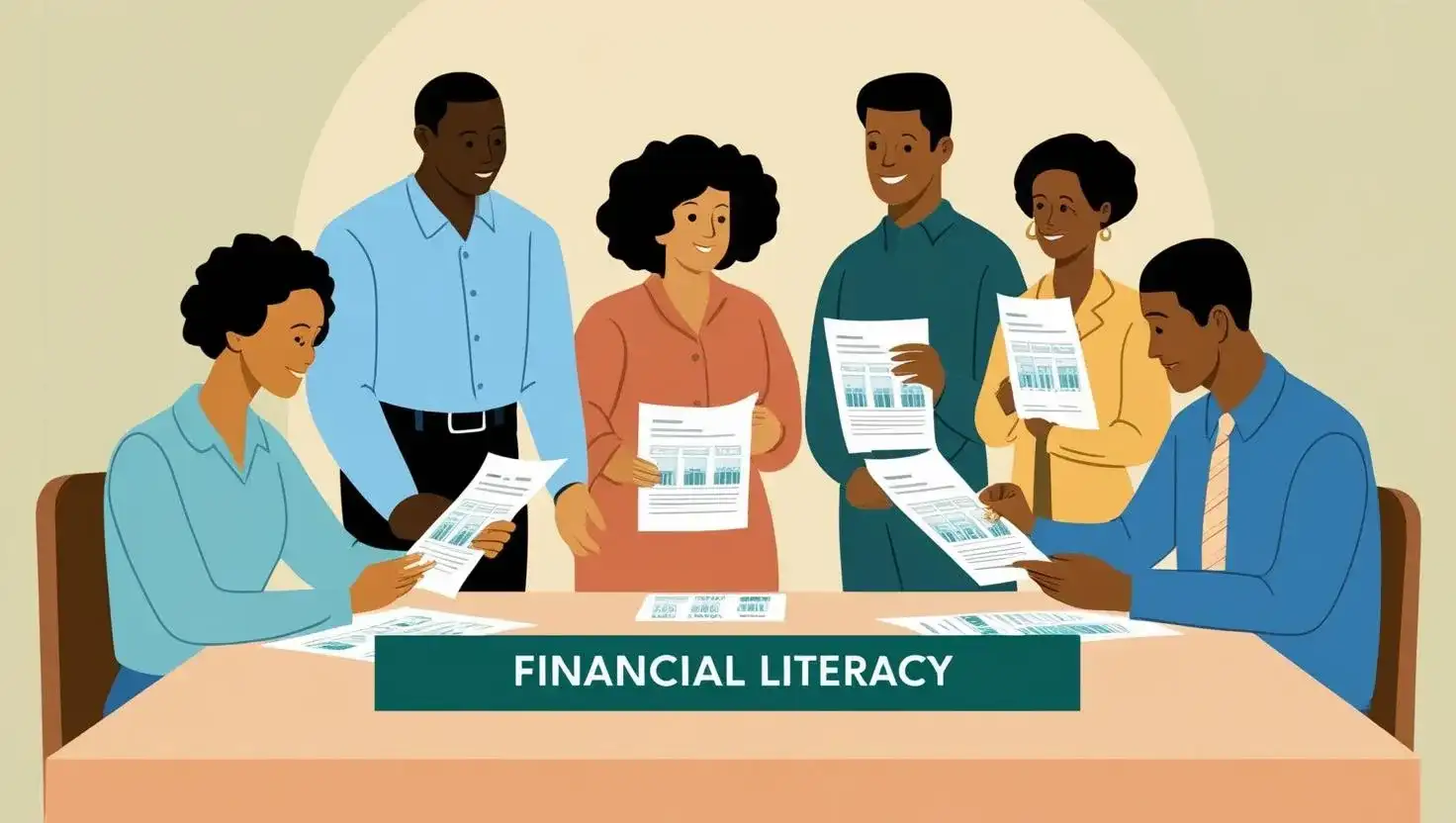Nagaland’s special status is safeguarded by Article 371A. Eastern Nagaland Peoples’ Organisation (ENPO), which has been demanding a separate NFTA, is engaged in talks with Centre and state government. ENPO is seeking a separate NFTA comprising six districts for seven backward tribes.
Nagaland cabinet held its meeting on Wednesday in Kohima. Minister for Power and Parliamentary Affairs and government spokesperson K.G. Kenye, while talking to media persons, said the idea of introducing a separate constitutional provision—possibly Article 371K—was “unacceptable” and could undermine the territorial and constitutional unity of the state.
State cabinet has decided to send a full delegation to New Delhi to meet Union Home Ministry officials and seek urgent clarification on the matter.Kenye said, “Introduction of the new article will mean bifurcation of Article 371A and the new entity will be out of the state’s framework. That is unacceptable.”
The minister informed that talks with ENPO are now in an advanced stage. Talks that began in 2010 remained bilateral between ENPO and the Ministry of Home Affairs (MHA. It was made tripartite only last year.
He added, “No one—neither the Centre nor ENPO—ever stated the intention of creating a separate Article, so this suggestion came as a surprise and needs immediate clarification.”
State government has earlier stated it has no objection to providing legislative, administrative, and financial autonomy to FNTA.The ENPO has been demanding a separate ‘Frontier Nagaland Territory’ or separate state comprising six eastern Nagaland districts — Kiphire, Longleng, Mon, Noklak, Shamator, and Tuensang, inhabited by seven backward tribes — Chang, Khiamniungan, Konyak, Phom, Tikhir, Sangtam, and Yimkhiung.The ENPO and its allies had given a call to boycott the Assembly elections held in February in 2023 but withdrew it later following an assurance from Union Home Minister Amit Shah.Nagaland has 60 Assembly seats and 20 of them are in these six districts. Article 371A grants special protection to the Nagas in Nagaland on traditional, customary, religious and social practices and also on ownership and transfer of land and its resources.
Source: Economic Times











